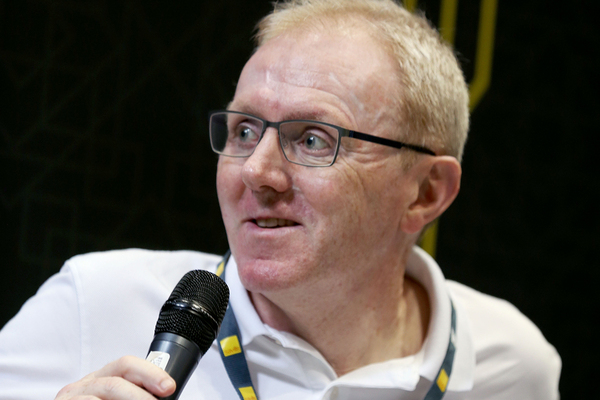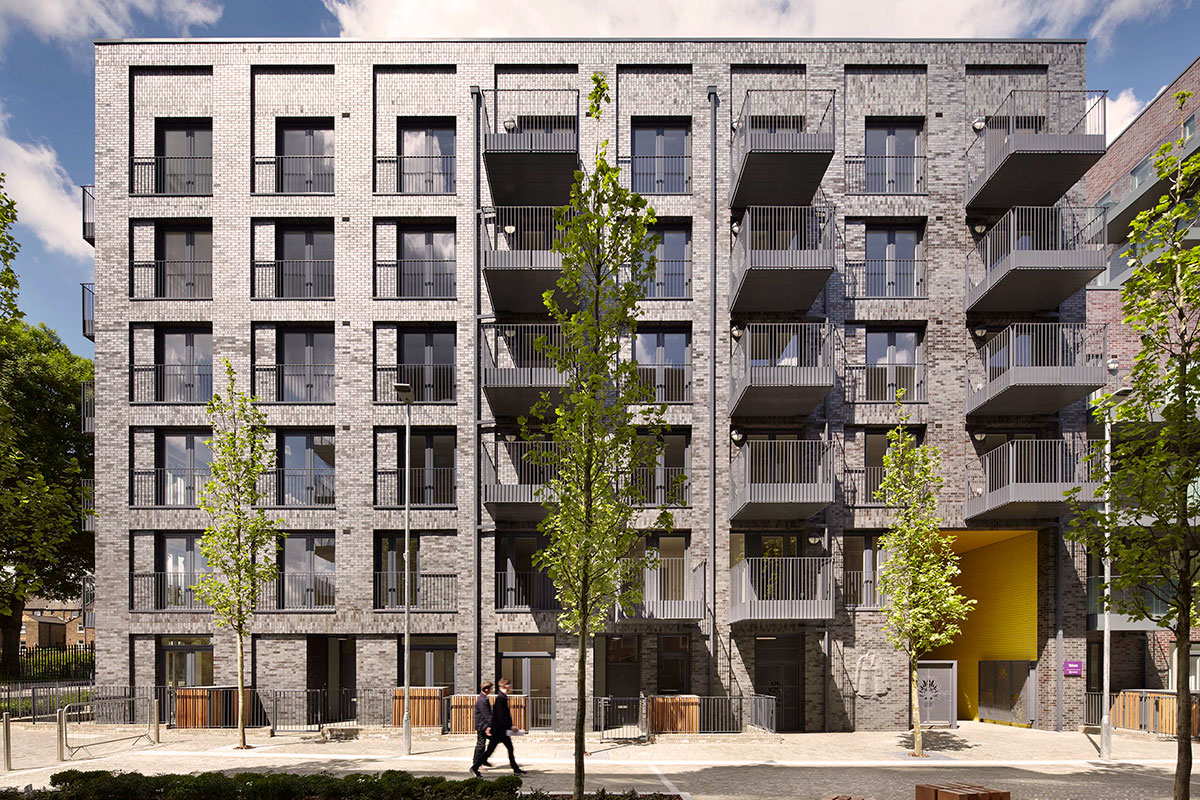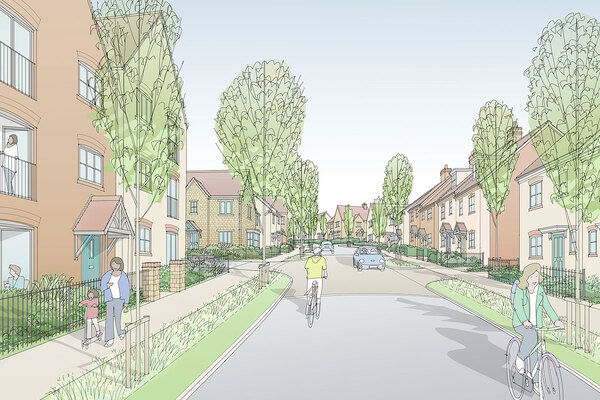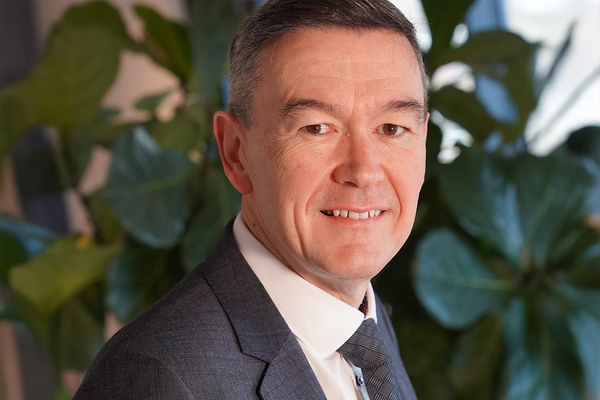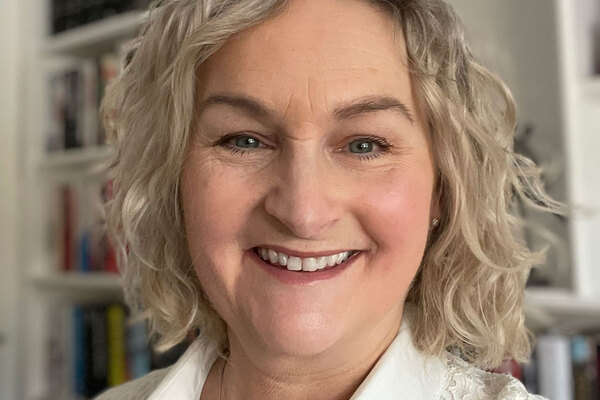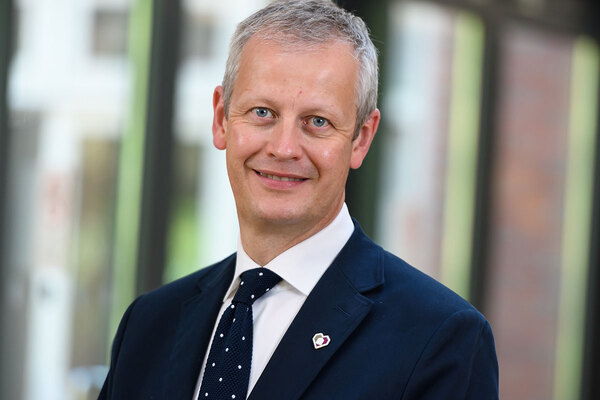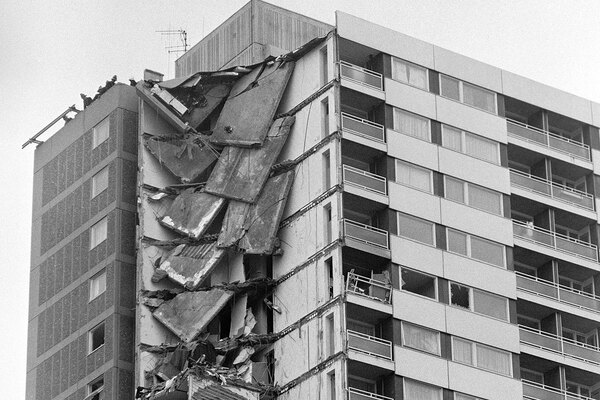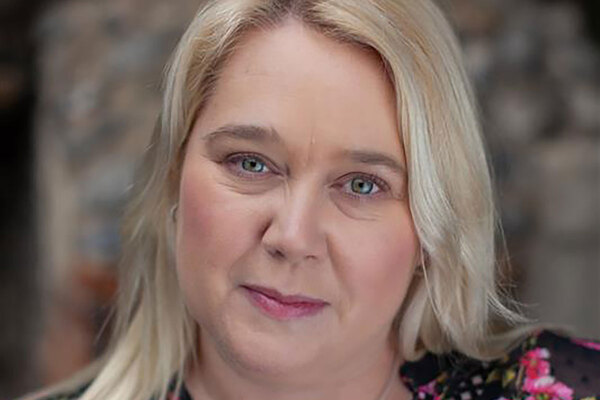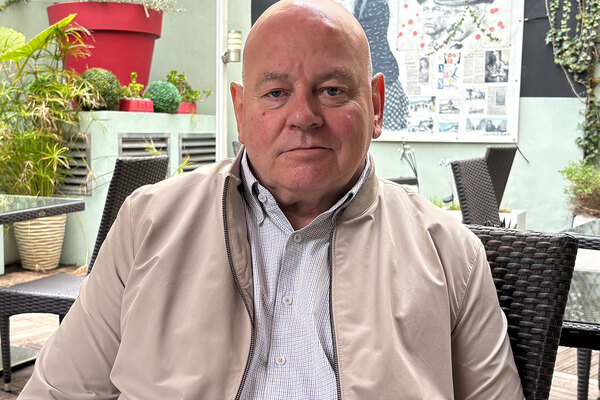Peabody more than doubles spend on existing homes to £374m
Large London landlord Peabody has spent an eye-watering sum of £374m on its existing homes as part of a plan to spend £2bn over five years.
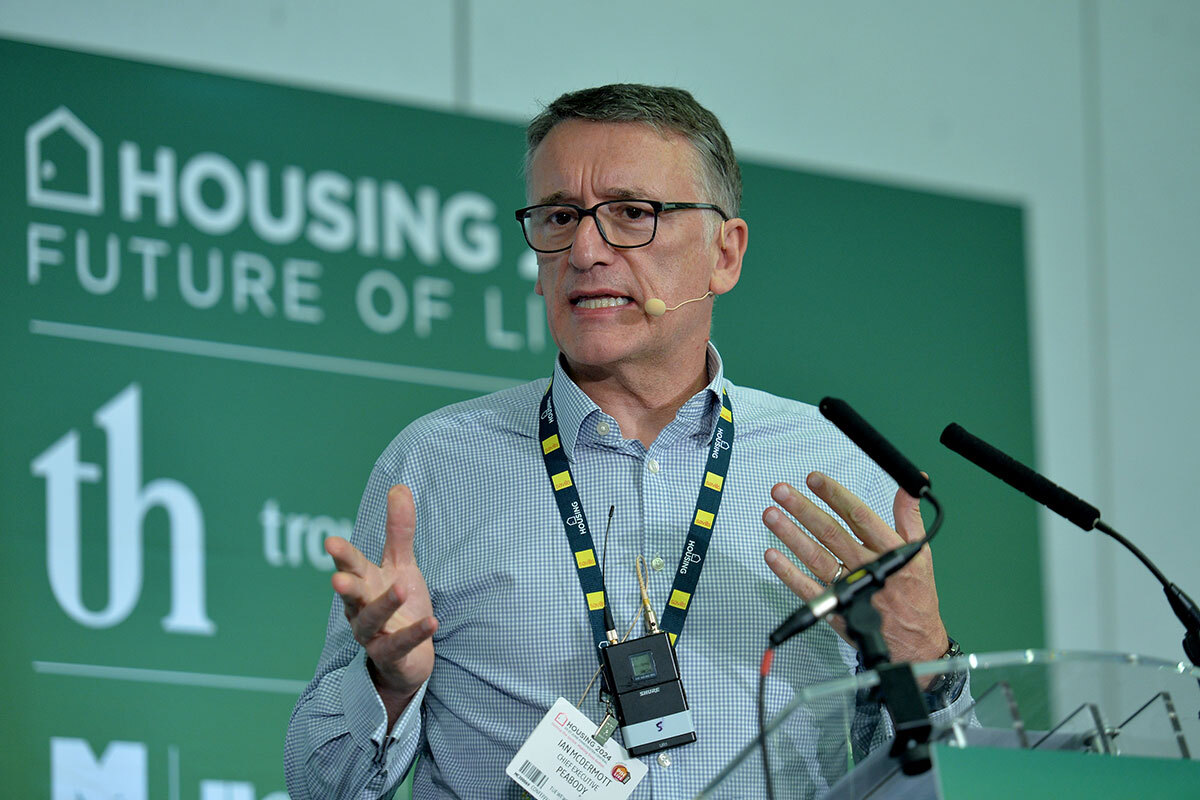
The 108,000-home landlord’s spending on its stock in the last financial year is more than double the £179m it invested in 2022-23.
The multimillion-pound figure included investing £135m in improving the condition and environmental performance of residents’ homes. This meant almost 80% of the landlord’s homes are now have an Energy Performance Certificate rating of C.
Peabody also invested a further £64m on fire safety remediation work, as well as £175m on planned maintenance and responsive repairs.
The unaudited information provided to the stock market included an additional £553m investment in its new homes programme.
This figure was broadly the same as in the previous year, although the numbers for starts and completions were both reduced, as with many of its peers, the past 12 months has been a challenging period for development pipelines.
The G15 group of large London landlords, of which Peabody is a member, highlighted earlier this year how associations continue to face a perfect storm of financial challenges, including high interest rates, contractor insolvencies and inflation. Plus, tackling building safety and decarbonisation.
Inside Housing reported earlier this month how some landlords are taking steps to take risk out of their development pipelines.
For Peabody, it completed 1,381 new homes, most of which were made up of shared ownership and social rent, followed by London Affordable Rent. The association made 1,157 starts on site during the year. Both these figures were down year-on-year from 2,399 and 2,376.
Peabody reported a balance sheet that “remains strong, with fixed assets of over £11bn and gearing at around 40%”.
Its turnover was down from around £1.1bn to £992m, but turnover from core operations increased to £855m, including £774m from social housing lettings.
Overall revenue reduced by around £130m due to a planned lower level of sales in the year.
A further £30m of contracted sales were anticipated, but these have carried over to the first years of 2024-25 due to delays on-site.
Financing costs, excluding break costs incurred, increased to £170m. Peabody told the stock market that this “reflects the full year impact of increased interest rates but was within our budget for the year. This has allowed us to maintain a healthy level of headroom over our banking covenant, whilst continuing to invest substantially in residents’ homes.”
Ian McDermott, chief executive at Peabody, said: “This has been a year of good progress, but we know there is much work to do. We’re transforming our services and investing in homes and sustainable places for the long-term.
“Our local focus and commitment to getting the basics right remains a strategic priority. Our plan is to spend around £2bn over five years – or around £1m a day – on improving and maintaining residents’ homes.
“This is the right thing to do and will bring material benefits. Over time it will help to reduce the volume of responsive repairs and complaints, and improve residents’ satisfaction with our landlord services.”
Mr McDermott said the landlord has been trying to support the local government in tackling London’s homelessness emergency by providing new social homes where it can. At the same time, he described new homes of all tenures as “essential infrastructure for the country”.
He added: “All this activity clearly puts pressure on financial metrics, but we remain determined to use our balance sheet and liquidity as well as exploring new, innovative ways to invest in the things that support our goal of helping people flourish.”
In April, Peabody unveiled plans for a 189-home Passivhaus scheme in south-east London.
